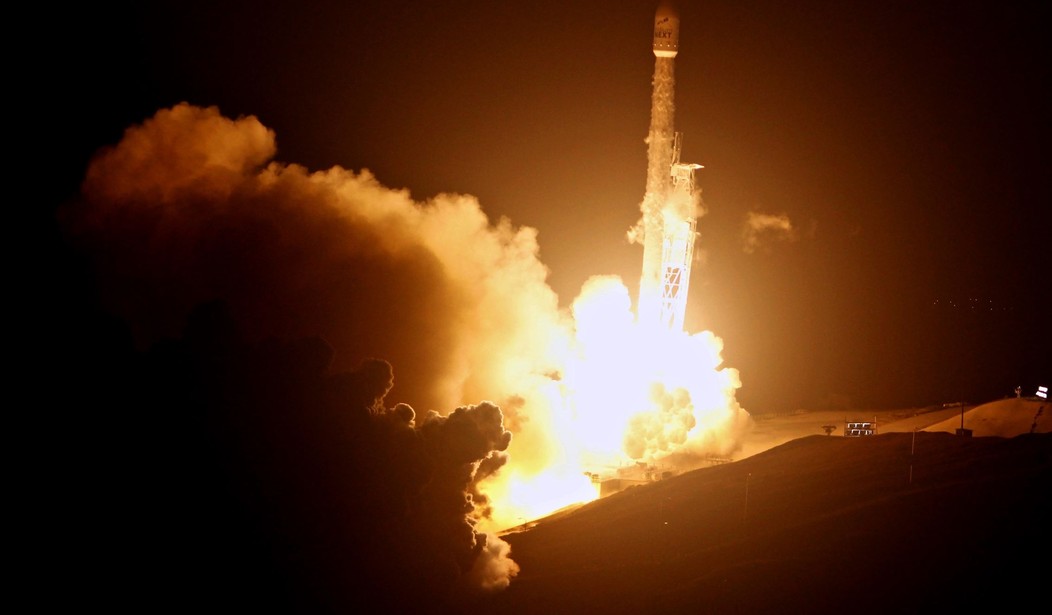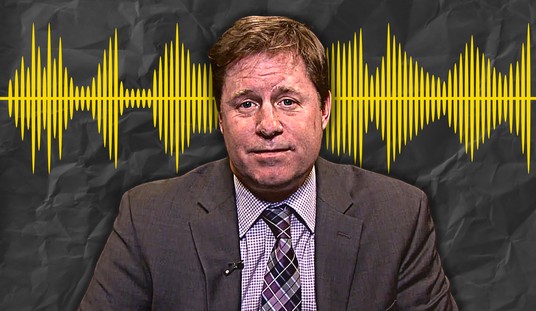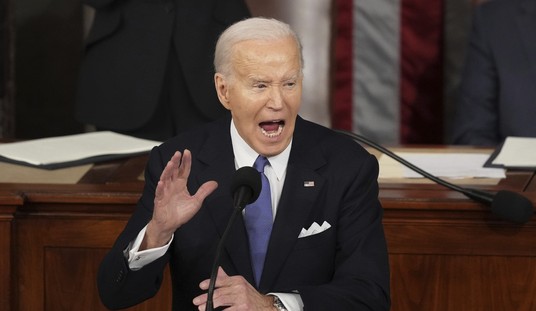If the first-in-a-quarter-century meeting last week of the National Space Council was indeed President Trump’s effort to ramp up our national space program and provide benefits for all, then good.
But if it is as some perceived – a gauzy send-up to resume the practice of shoveling taxpayer dollars to Washington’s official Friends of the Industry – then we should have no part of it.
David von Drehle of the Washington Post took the low road because the Trump administration is involved, calling the commercial prospects for humans “a distraction” and “all pie in the sky.”
But in addition to hundreds of thousands of high-paid jobs, space exploration has provided a number of benefits seemingly unrelated to the terrestrial. Memory foam, now used in shoes, football helmets, hospital mattress pads and wheelchair seats, was invented for the space program.
Anti-corrosive coating invented to protect launch facilities near the coasts from ocean spray and the extreme heat and chemicals of launch now strengthen bridges, pipelines, tractor-trailer frames for trucks, tanks for the Army and even the Statue of Liberty.
The idea of the National Space Council is a good one. A new generation of technology demands a new look at space and the benefits it can bring us. The idea of bringing together leaders in the civil, commercial and military space industries to discuss key issues and ways they might work together to advance U.S. interests in space and protect the country from the ever-increasing danger of cyber-attacks is sound.
Recommended
And the conference, entitled, “Leading the Next Frontier,” and the keynote address by Vice-President Mike Pence struck the right tone. Pence lauded newcomers to the space industry, such as SpaceX and Blue Origin, for innovations and cost-cutting and the venerable old firms, such as Lockheed-Martin and Boeing, for delivering the first round of space victories for the U.S., including landing a man on the moon. And speakers for all the companies were afforded ample time to explain what they might bring to the table.
The danger lies in the temptation to turn over to the companies represented at the meeting – or select members of even that group – the future of U.S. space exploration.
Memory foam grew from a contract not with Boeing or Lockheed, but from research conducted for NASA by the Stencel Aero Engineering Corporation in Arden, N.C. Charles Yost, the engineer responsible for the breakthrough, then left to join NASA’s Ames Research Center. The anti-corrosive material was invented by a company called Inorganic Coatings Inc.
The Trump administration needs not only to keep the door open to a variety of possible contributors; it needs to assure those already in the room can deliver on their promises.
For example, SpaceX should be there for such a conference, but any effort it makes to win a contract should bring the closest of scrutiny. The company’s founder, Elon Musk, has made billions of dollars off taxpayers from government subsidies of his businesses, but much of what he has delivered for this has amounted to a series of expensive mistakes.
In June 2015, SpaceX’s Falcon 9 rocket exploded less than three minutes after launch, effectively throwing $110 million in taxpayer funds down the tubes. Musk still received 80 percent of his payment for the failed project, and he convinced NASA to withhold the report it produced assessing blame for the mistake. SpaceX blamed the failure on its suppliers; NASA said a variety of causes are possible, including quality control issues at SpaceX.
In September 2016, SpaceX tried with the Falcon 9 again. This time it exploded on the launch pad, burning up $62 million in government funds in the process. Musk didn’t want to talk about quality control issues at SpaceX then either.
That time, he blamed it on a competitor, United Launch Alliance – a consortium involving many of the players in the room last week – and even sent someone to try to snoop around on ULA’s roof looking for signs it sabotaged the effort from two miles away. He also averred that UFOs could be involved.
Musk’s enterprises have proven more effective at draining government coffers than producing results, and it was far from reassuring that his representative at the conference railed on attempts to provide meaningful oversight to the work of the contractors.
As of a year ago, SpaceX was alive solely because of $5.5 billion in federal grants, and its sister companies, Tesla and SolarCity, are surviving only because of $4.9 billion in subsidies and tax credits for developing politically favored products.
A conversation about space travel and how Americans might benefit is both useful and timely – and the Trump administration should be lauded for promoting it. But too often, these initiatives have degenerated into slush funds for the politically favored and a cold shoulder towards others that could lend assistance.
If President Trump can reverse that one trend from the Obama administration, we could make a lot of progress in space and spend a lot more efficiently to do so.

























Join the conversation as a VIP Member